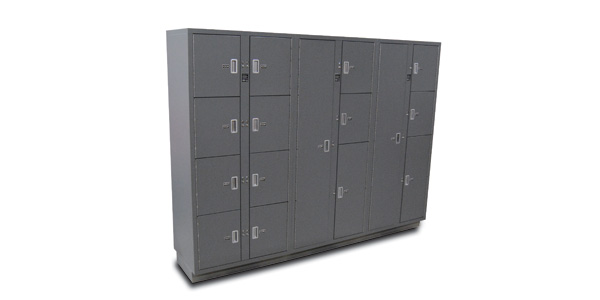- High-Density Storage
- Lockers
- Modular Casework
- Cabinets
- Shelving
- Healthcare
- Education
- Smart Lockers
- Museum
- Public Safety
- Library
- Industrial Storage
- Athletics
- Mobile Shelving
- Military
- Storage Solutions
- Warehouse
- Smart Storage
- Storage
- Vertical Storage
- Architects & Designers
- Evidence Storage
- ActivRAC
- Business Storage
- Public Safety Storage
- Museum Collections Storage
- Athletic Equipment Storage
- Football Equipment Storage
- Powered Mobile Shelving
- Universal Weapons Rack
- Vertical Carousel
- Architect and Designer
- Evidence Storage Lockers
- Mechanical Assist
- Military Storage
- library storage
- Cantilever Racks
- Healthcare Storage
- High-Bay Shelving
- High-Density Racking
- Police Department Storage
- industrial
- mobile storage
- Art Rack
- Art Storage
- Day-Use Lockers
- Evidence
- Evidence Lockers
- Football
- Government
No matter how small a community is, crime still happens. Law enforcement in the area may be limited to only a few officers, but they still deal with a high volume of evidence. They’re typically doing.
As a sales rep with over 15 years’ experience, I’ve learned how to ask a lot of questions; and with all the storage options it’s important not only to ask questions but to ask the right questions.
Evidence handling isn't what it used to be. Between new tech, tighter regulations, and shifting workloads, the way law enforcement manages and stores evidence looks a whole lot different than it did.
There's an old saying: If you're going to do something, do it right. That's especially true when it comes to evidence rooms, where sloppy storage can sink a case. Evidence rooms require more than.
Law enforcement works hard to lock up criminals — but to do so, they also need to lock up evidence. Lost or compromised evidence can derail investigations and end careers. Failure to secure a chain.


















